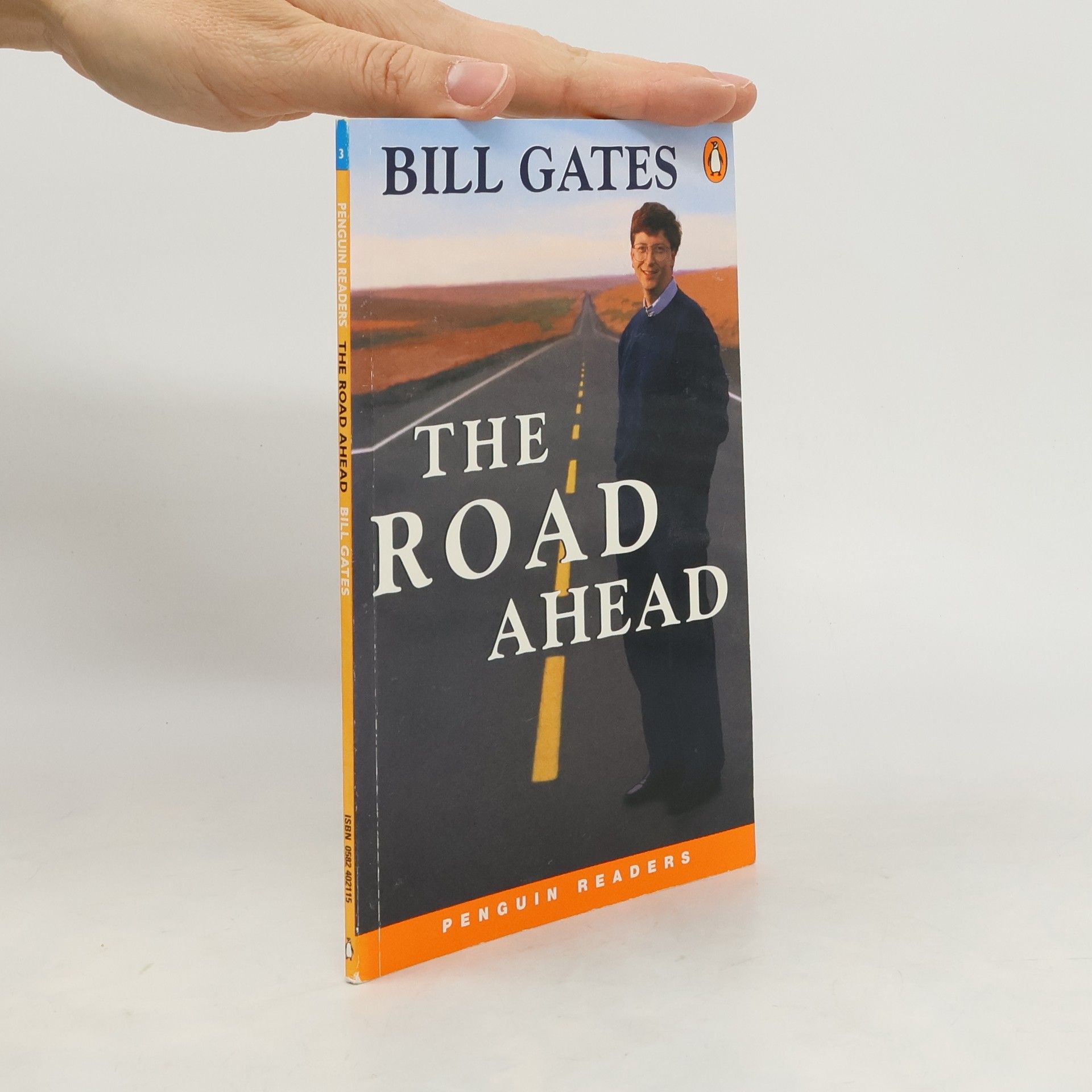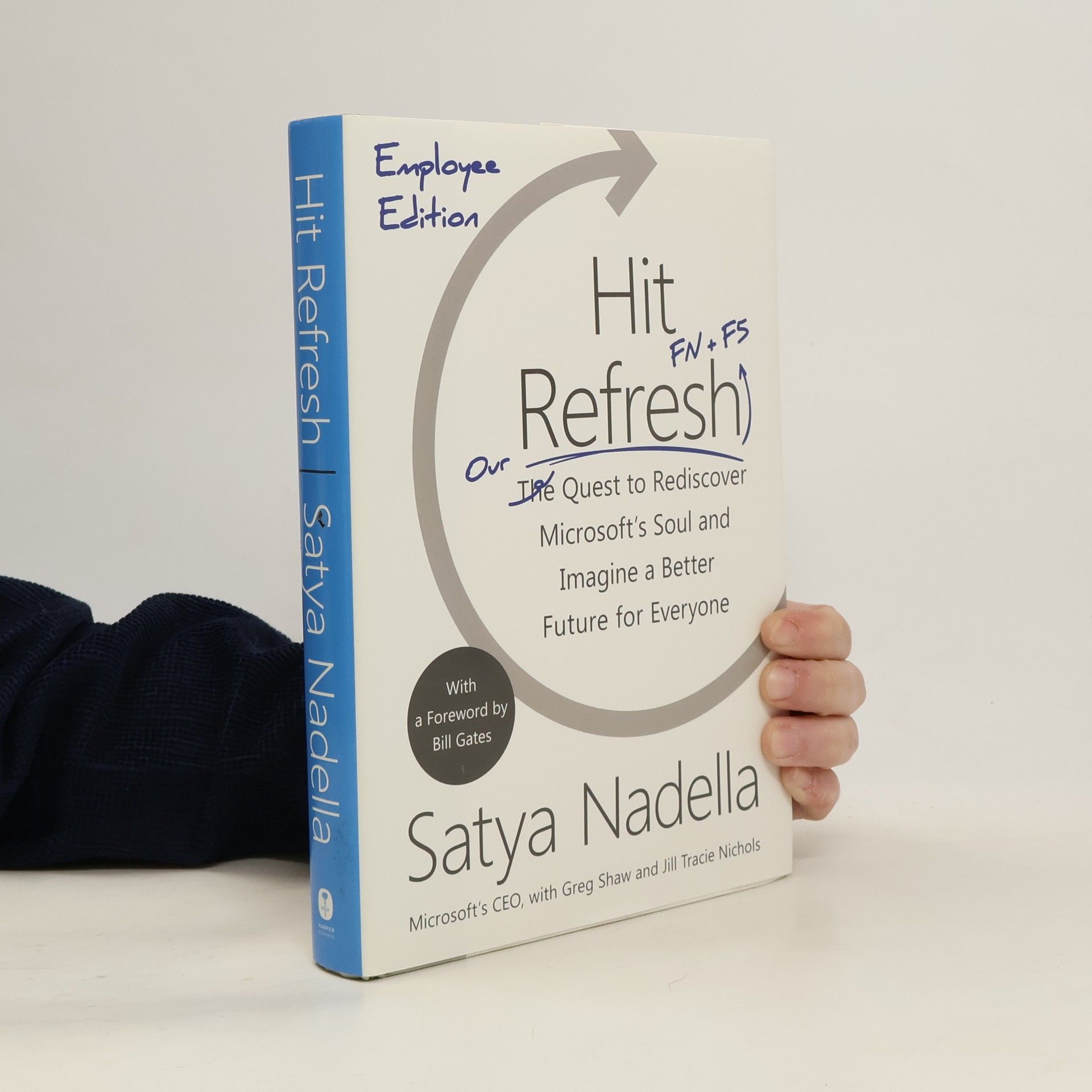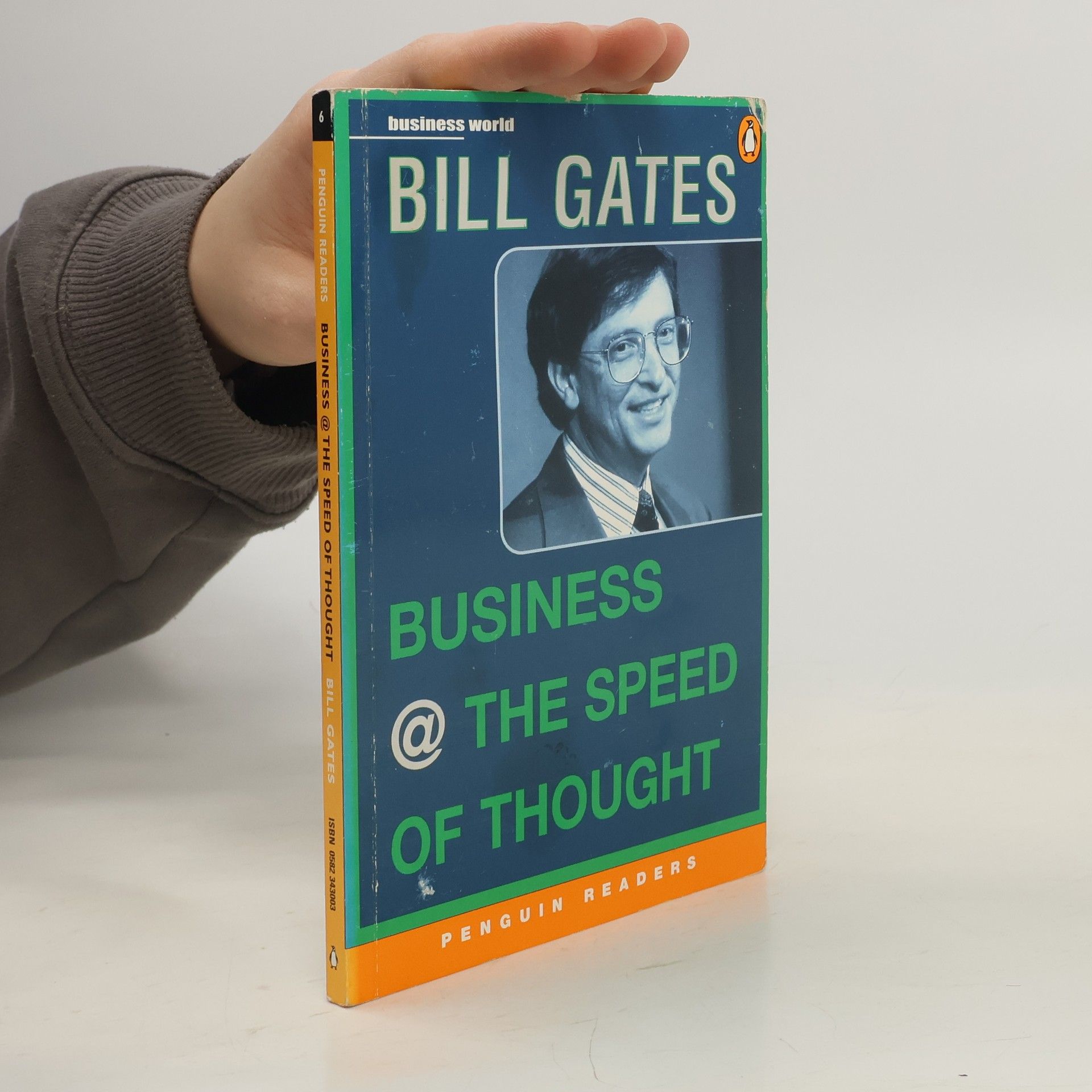Bill Gates Libri
Questo autore considera la lettura una pratica quotidiana per una comprensione più profonda del mondo e l'acquisizione di nuove conoscenze. Condivide i propri percorsi di lettura, incontri e apprendimenti con una comunità. Si estende un invito a unirsi alla conversazione su questa piattaforma e tramite il suo blog.







Il mondo largo
- 106pagine
- 4 ore di lettura
Quando si discute di globalizzazione, emergono atteggiamenti contrastanti: da un lato opportunità e crescita, dall'altro oppressione e mercificazione. Questo fenomeno suscita dibattiti tra studiosi e cittadini, generando sia speranze che timori. È davvero nuovo, o rappresenta una sfida rinnovata alla conoscenza e al progresso, simile a rivoluzioni passate? Se non è innovativo, come possiamo garantire che i benefici siano equamente distribuiti tra i popoli? Il mondo si sta espandendo: commerci, relazioni economiche, politiche e culturali si intrecciano, portando con sé valori e aspirazioni. Tuttavia, sorgono interrogativi su cosa non funzioni in questo processo e su cosa debba essere corretto. È giusto fermare l'espansione o continuare a promuoverla? Le lezioni raccolte nella Sala Zuccari di Palazzo Giustiniani affrontano queste tematiche, presentando contributi di figure di spicco come Giovanni Agnelli, Henry Kissinger, Václav Havel, Valéry Giscard d’Estaing, Bill Gates e Bernard Lewis. Insieme, offrono una prospettiva preziosa e originale sul fenomeno della globalizzazione, esplorando le sue dimensioni economiche, politiche, culturali e storiche.
Exploring the journey of a transformative business leader and philanthropist, this origin story delves into the experiences and motivations that shaped their impactful career. It highlights key moments and decisions that not only influenced their personal success but also left a significant mark on society. Through a blend of personal anecdotes and broader themes of leadership and social responsibility, the narrative illustrates how one individual's vision can lead to widespread change and inspire future generations.
After more than a decade of studying climate change and investing in innovations to address the problems, Gates sets out a vision for how the world can build the tools it needs to get to zero greenhouse gas emissions. He explains why he is optimistic that the world can avoid the most dire effects of the climate crisis, and discusses how climate change can be addressed in meaningful ways
Blitzscaling: the lightning-fast path to building massively valuable companies
- 288pagine
- 11 ore di lettura
Foreword by Bill Gates From the authors of New York Times bestsellers, The Alliance and The Start-up of You, comes a smart and accessible must-have guide for budding entrepreneurs everywhere. Silicon Valley is renowned for its striking number of businesses which have grown from garage start-ups into global giants; Apple, Cisco, Google, HP and Intel to name a few. But what is the secret to their outstanding success? Hoffman and Yeh explain that it's simple: they've learnt how to blitzscale. Featuring case studies from numerous prominent tech businesses such as AirBnB and WeChat, this book offers a specific set of practices for catalysing and managing dizzying growth in bourgeoning start-ups. Prioritising speed over efficiency in an environment of uncertainty, Blitzscaling illustrates how businesses can accelerate to the stage in a company's life cycle where the most value is generated. Using the framework provided by Hoffman and Yeh, readers will learn how to design business models which simultaneously support growth at a furious pace and capture the market, as well as how to navigate the necessary shifts in strategy needed at each level of scale.
The COVID-19 pandemic isn't over, but even as governments around the world strive to put it behind us, they're also starting to talk about what happens next. How can we prevent a new pandemic from killing millions of people and devastating the global economy? Can we even hope to accomplish this?Bill Gates believes the answer is yes, and in this book he lays out clearly and convincingly what the world should have learned from COVID-19 and what all of us can do to ward off another disaster like it. Relying on the shared knowledge of the world's foremost experts and on his own experience of combating fatal diseases through the Gates Foundation, he first makes us understand the science of corona diseases. Then he helps us understand how the nations of the world, working in conjunction with one another and with the private sector, can not only ward off another COVID-like catastrophe but also go far to eliminate all respiratory diseases, including the flu.Here is a clarion call - strong, comprehensive, and of the gravest importance - from one of our greatest and most effective thinkers and activists.
The road ahead
- 48pagine
- 2 ore di lettura
The Road Ahead is Bill Gates' vision of the future. In the book, he describes the way in which he thinks the revolutionary information age will change the way in which we shop, work, learn and communicate with each other.
Hit Refresh
- 272pagine
- 10 ore di lettura
As told by Microsoft CEO Satya Nadella, Hit Refresh is the story of corporate change and reinvention as well as the story of Nadella’s personal journey, one that is taking place today inside a storied technology company, and one that is coming in all of our lives as intelligent machines become more ambient and more ubiquitous. It’s about how people, organizations and societies can and must hit refresh—transform—in their persistent quest for new energy, new ideas, relevance and renewal. At the core, it’s about us humans and our unique qualities, like empathy, which will become ever more valuable in a world where the torrent of technology will disrupt like never before. As much a humanist as a technologist, Nadella defines his mission and that of the company he leads as empowering every person and every organization on the planet to achieve more.
Business @ the Speed of Thought
- 112pagine
- 4 ore di lettura
Bill Gates is the founder of Microsoft. He thinks that businesses use computers in the same way we use our nervous system. In this book, he describes his idea of a 'Digital Nervous System' - a way for companies to get as much as possible from all the money they have spent on computers.



